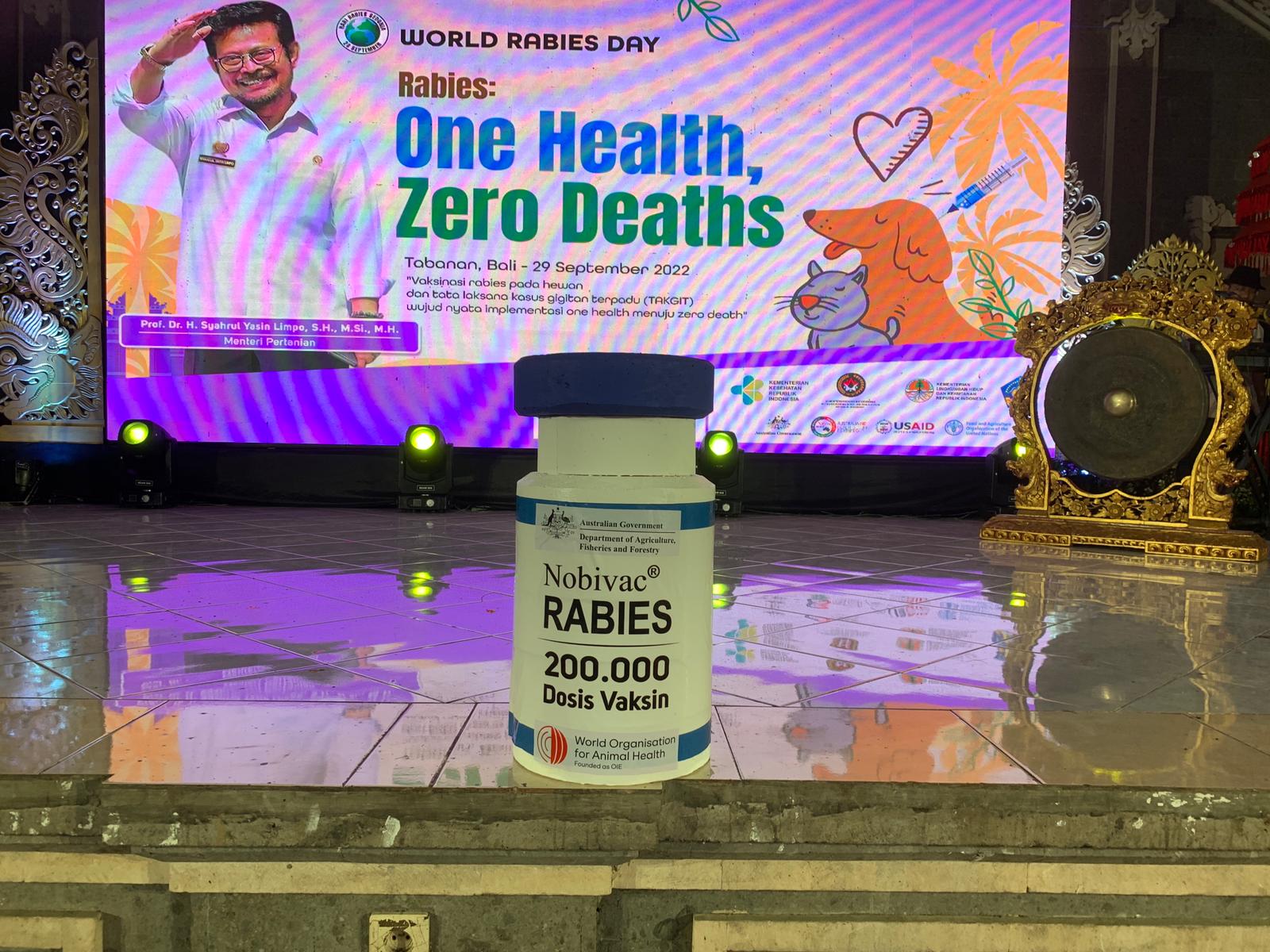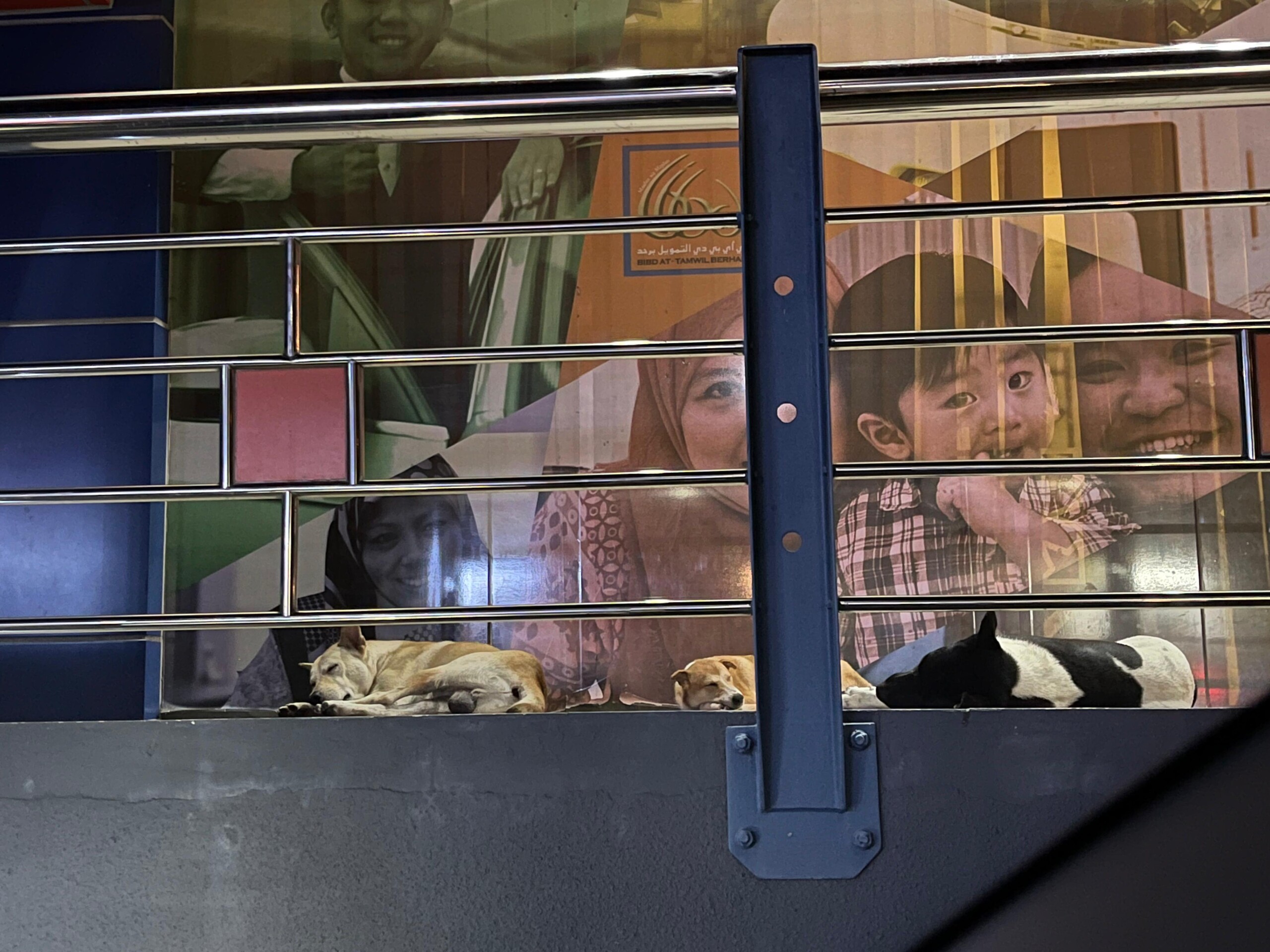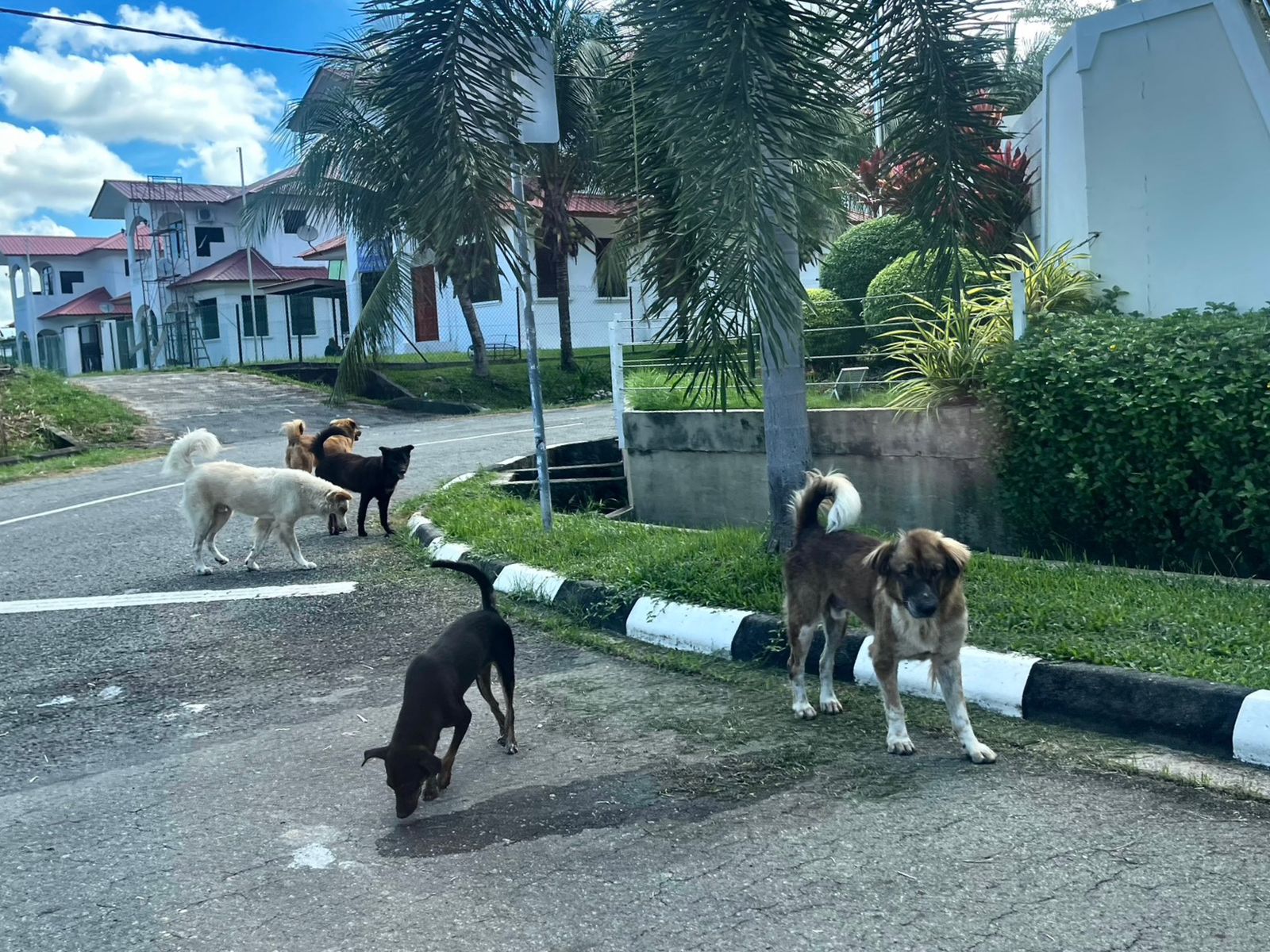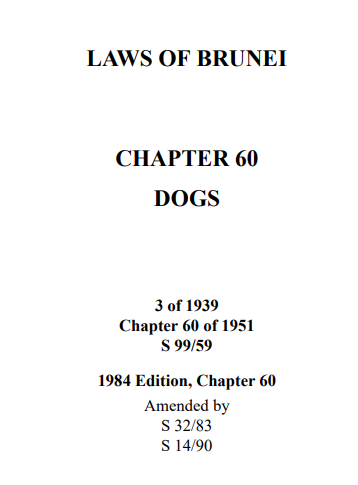
Brunei’s rabies-free status can be challenged by a large free-roaming dog population. While tools and solutions are available, religious stigma has prevented the implementation of effective policies. In this particular context, Veterinary Services are supporting the work of non-governmental Organisations (NGOs) to tackle this issue.
Brunei is among the three rabies-free countries in South-East Asia. To maintain this status, Brunei has implemented strict policies: surveillance, guidelines for the control and management of rabies and suspected cases, and dog bite registration. These measures have proven to be effective despite the multi-faceted challenge that the country has been facing, dealing with a very large dog population.
Brunei is the home of a large free-roaming dog population of around 50,000 canines (estimation provided by NGOs), which makes up more than 10 percent of the Bruneian population (World Bank estimates the population at 449,002 people in 2022). This situation is mainly explained by the decision of pet owners to not sterilise or neuter their dogs due to concerns about animal welfare. As a result, their number has grown rapidly due to overpopulated litter, and unwanted puppies are often abandoned.
The existence of a large free-roaming dog population has had multiple consequences. Attacks on the population, including children, were recorded as well as the ransacking of rubbish bins to find food. Besides, free-roaming dogs can pose a significant threat by bringing risks of diseases, including rabies.
Risks of rabies transmission became higher due to controversial practices. Free-roaming dogs were moved to the wilderness far from residential areas which presents a prospect of inevitable contact with wildlife when they search for food. This could lead to rabies transmission and a possible outbreak. Brunei hosts many wildlife species since 52% of the country is covered by forests. Dogs could interact with raccoons, skunks, bats, and foxes. These animals are known to be potential rabies reservoirs.
They are considered “impure” or “haram” due to religious beliefs by a significant part of the population. The Veterinary Services mention explicitly this challenge during regional workshop organised by the World Organisation for Animal Health.
It makes disease monitoring and surveillance for dog rabies difficult to perform. Some Brunei residents are also reluctant to touch dogs which prevent the recruitment of potential volunteers for conducting vaccination.
Authorities of Brunei are fully aware of the risks posed by the population of free-roaming dogs on human health. Under the Dogs Act, a law on pet ownership has been implemented to monitor the population of dogs and ensure the owners act responsibly, including by vaccinating their animals against rabies. It is also considered a tool to control the dog population by not letting animals breed out of the owners’ supervision.
Considering the religious stigma and its consequences, the Veterinary Services also advocated towards other governmental stakeholders for supporting NGOs. Therefore, these Organisations are beneficiaries of public funding to run their operations and rabies vaccines were handed over for free.
The NGOs are praised by the authorities since a joint task force which comprising three Ministries (Ministry of Health, Ministry of Home Affairs, and Ministry of Primary Resources and Tourism) has been supporting NGOs by the providing dog pound areas to set up animal shelters. Deputy Permanent Secretary of each Ministry are working together to coordinate concrete actions such as the relocation of free roaming dogs to shelters.
The NGOs’ strategy relies on several components. They implement Trap-Neuter-Return-Monitor (TNRM) programmes, use mobile clinics to tackle uncontrolled breeding, and also promote adoption instead of buying. They also raise awareness on animal welfare and educate the public to change the perception on free-roaming dogs. The outcomes have been positive towards younger generations.
NGOs claim the population of free-roaming dogs can be reduced and under control with continuing efforts, more human and financial resources.





